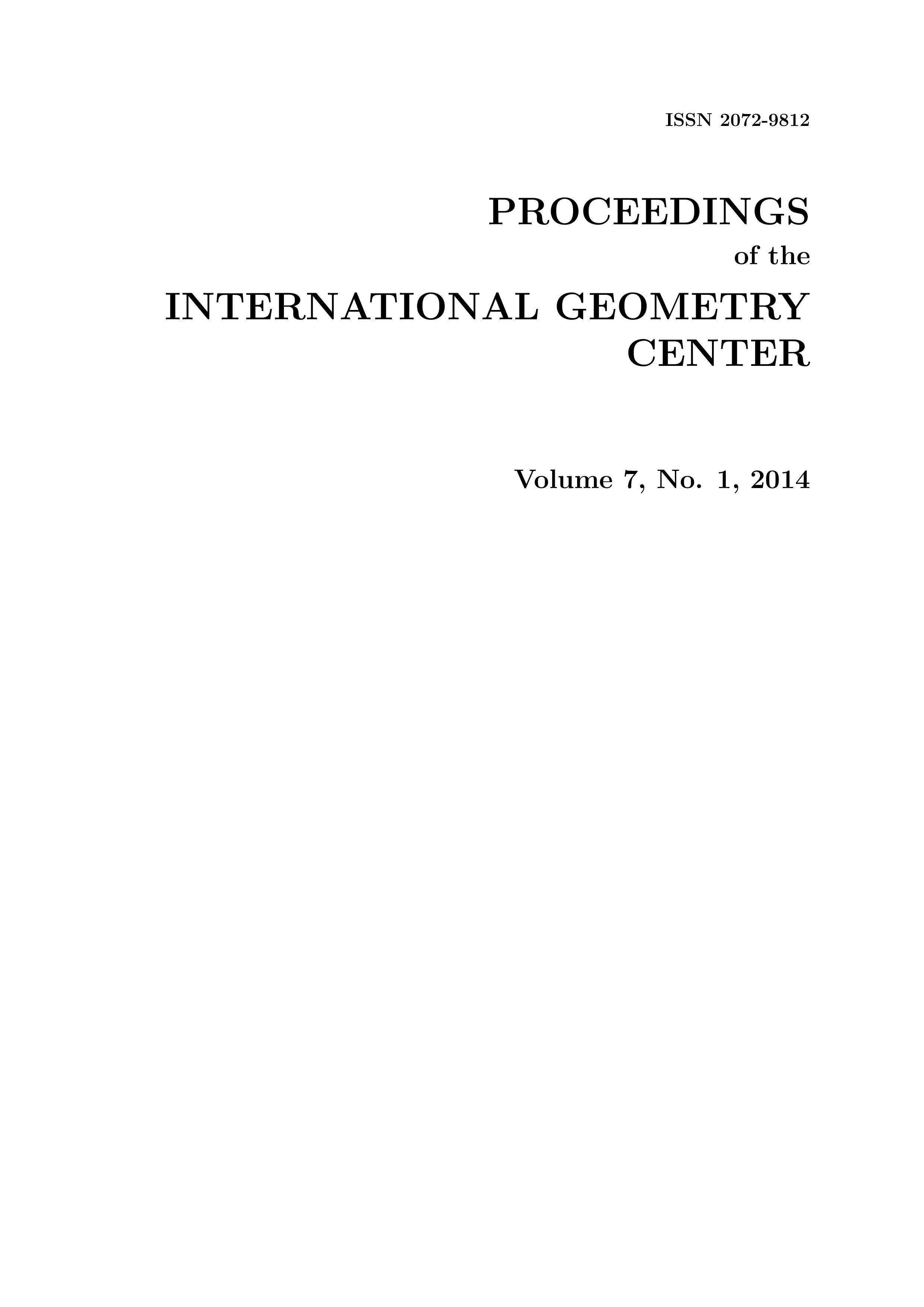The realization of higher-dimensional breaking mechanism
DOI:
https://doi.org/10.15673/2072-9812.1/2014.29278Keywords:
Triangulated category, McKay quiver representations, Higgs multipletsAbstract
We study D-branes on Calabi-Yau threefolds, which are realized through the blowing up the singularity of orbifold. This D-branes are represented as sheaves, which can be stable or unstable, what is connected with the transition in the Teichmüller space. Using the derived category of McKay quiver representations, which describe D-branes as quivers and open superstrings between them by Ext groups, we can represent Higgs multiplets by the moduli space of an open superstring, connecting two McKay quivers. Through the equivalence between the derived category of coherent sheaves and triangulated category of distinguished triangles over the abelian category of McKay quivers we can associate D-branes with quivers or with sheaves, defined on Calabi-Yau. After the dimensional reduction of the ten-dimensional space-time we can receive matter content of the four-dimensional space-time. Thus, a higher-dimensional breaking mechanism is associated with four-dimensional GUT Higgs multiplets and symmetry breaking higgs mechanism.References
U.H. Danielsson, G. Ferretti, B. Sundborg, D-particle Dynamics and Bound States, Int. Jour. Mod. Phys. A11 (1996) p. 5463-5478. arXiv:hep-th/9603081.
J. Polchinski, Dirichlet-Branes and Ramond-Ramond Charges, Phys. Rev. Lett. 75 (1995) p. 4724-4727. arXiv:hep-th/9510017.
J. Polchinski, TASI Lectures on D-Branes, lectures at TASI 96, arXiv:hep-th/9611050.
Paul S. Aspinwall, D-Branes on Calabi-Yau Manifolds, arXiv:hep-th/0403166.
M. R. Douglas, B. Fiol, and C. Romelsberger, Stability and BPS branes, arXiv:hep-th/0002037.
M. R. Douglas, D-branes, categories and N = 1 supersymmetry, J. Math. Phys. 42 (2001) p. 2818-2843, arXiv:hep-th/0011017.
C. Beasley, J.J. Heckman and C. Vafa, GUTs and exceptional branes in F-theory-II: Experimental Predictions, arXiv:0806.0102 [hep-th].
S. Katz, T. Pantev and E. Sharpe, D-branes, orbifolds, and Ext groups, Nucl. Phys. B673 (2003) p. 263-300.
W. Schmid, Homogeneous complex manifolds and representations of semisimple Lie groups, Proc. Natl. Acad. Sci. USA 69 (1968) p. 56-59.


